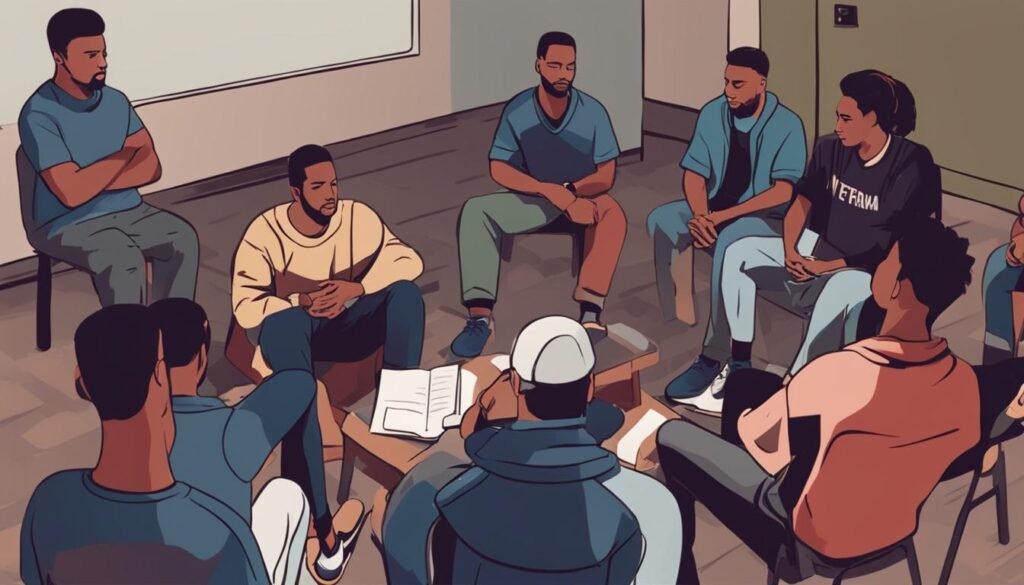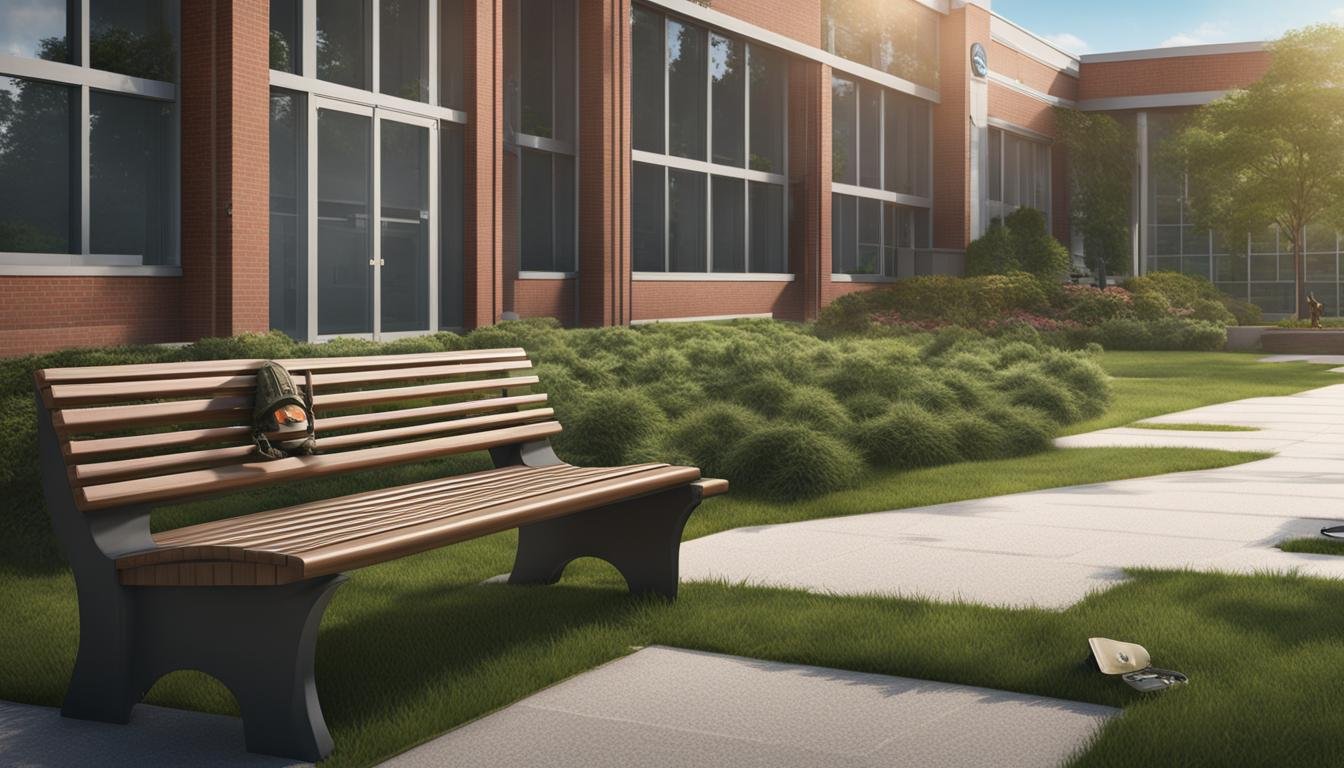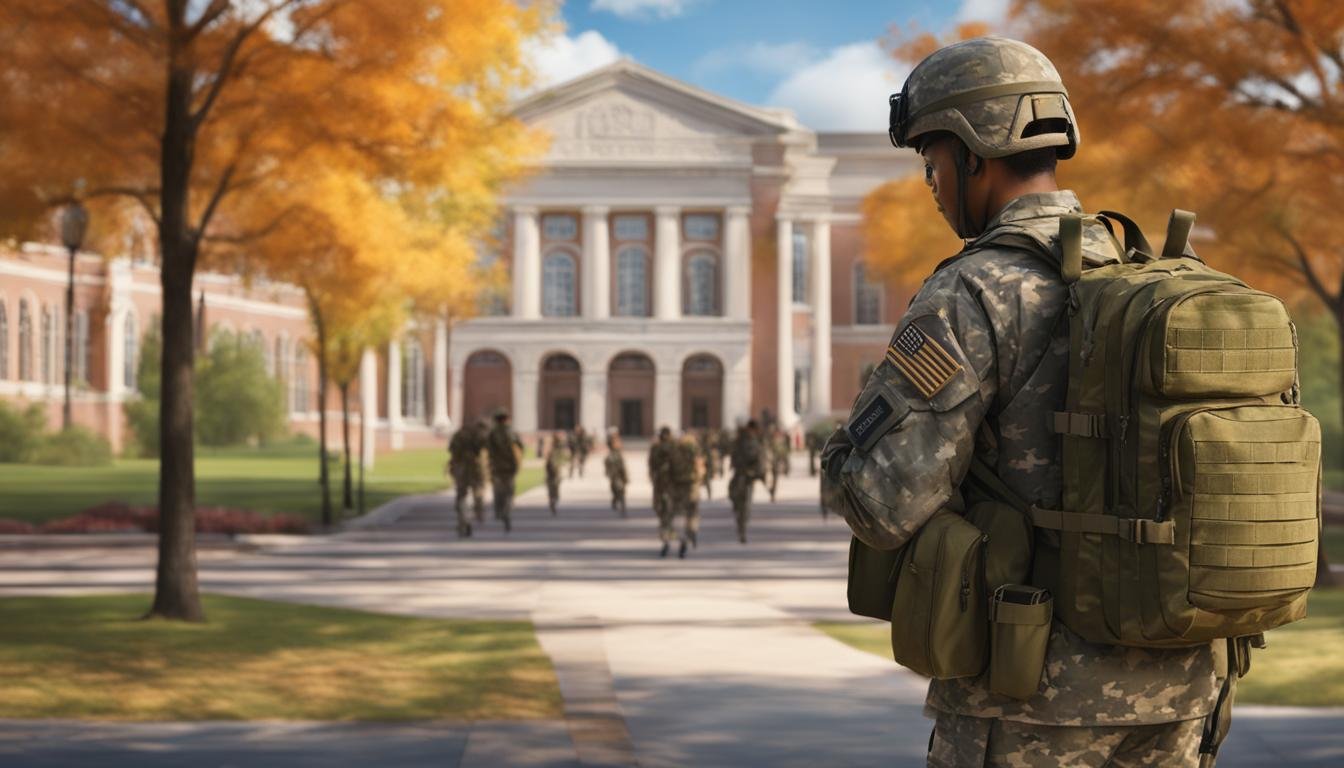Many veterans choose to pursue higher education after leaving the military, but this transition can come with its own set of challenges. It’s important for student veterans to be aware of the difficulties they may face and to have access to mental health resources to support their well-being during their academic journey.
The VA’s Veterans Integration to Academic Leadership (VITAL) program provides support for veterans as they navigate college life, while the VetSuccess on Campus (VSOC) program offers benefits assistance and counseling. Additionally, resources like Make the Connection and Veterans Coffee Socials provide opportunities for student veterans to connect, share experiences, and access support. Student veterans can also utilize VA Program Locators, the PTSD Program Locator, and the Substance Use Disorder Program Locator to find specialized services that address their unique needs.
By prioritizing their mental health and utilizing the available resources, student veterans can successfully overcome the challenges of college and thrive in their academic pursuits.
Key Takeaways:
- Student veterans in college may face unique challenges that require mental health support.
- The VA offers programs like VITAL and VSOC to provide assistance and counseling for student veterans.
- Connecting with resources like Make the Connection and Veterans Coffee Socials can help student veterans access support.
- Utilizing VA Program Locators and specialized services is crucial in addressing the unique needs of student veterans.
- Prioritizing mental health and utilizing available resources can help student veterans succeed in their academic journey.
Note: The provided HTML code is just a representation of how the text should be structured and formatted. It may not be functional or render properly without proper HTML document structure and CSS styling.
Mental Health Support for Student Veterans

Student veterans often face unique barriers when it comes to accessing mental health care. The stigmas associated with military mental health can make them less likely to seek help, and the available resources may not always meet their individual needs. However, there are various types of mental health support available for student veterans.
The VA offers counseling and other services specifically designed for veterans. Many colleges also have counselors on campus who are trained to support student veterans. These professionals understand the unique challenges that student veterans face and can provide individual and group counseling as well as support groups. Additionally, colleges may offer emergency response services, health and lifestyle programs, and other resources that prioritize holistic mental health.
Student veterans can also find support through organizations like Student Veterans of America, which offer resources, support, and a network of fellow student veterans. These organizations understand the experiences and needs of student veterans and can provide valuable guidance and connection.
Table: Mental Health Services for Veterans Attending School
| Service | Description |
|---|---|
| Counseling | Individual and group counseling provided by the VA or on-campus counselors |
| Support Groups | Opportunities to connect with other student veterans and share experiences |
| Emergency Response Services | Rapid response to mental health crises and emergencies |
| Health and Lifestyle Programs | Resources and programs to support overall well-being |
| Student Veterans Organizations | Networking and support through organizations like Student Veterans of America |
It’s important for student veterans to identify the mental health resources that are available to them and to seek support when needed. By accessing the right support systems, student veterans can navigate the challenges of college while maintaining their mental and emotional well-being.
Are the Mental Health Resources for Veterans in College Specifically Tailored to Their Needs and Experiences?
Many colleges offer mental health support for veterans, with resources tailored to their specific needs and experiences. These resources may include counseling services, support groups, and specialized programs aimed at addressing the unique challenges faced by veteran students. It’s important for colleges to ensure that veterans have access to the help they need.
Tips for Supporting Mental Health in College
Student veterans face unique challenges when it comes to maintaining mental health in college. Here are some tips to help you navigate this important aspect of your academic journey.
1. Manage Stress
College life can be stressful, particularly for student veterans who are also balancing other responsibilities. Take proactive steps to manage stress by adopting healthy coping strategies. This might include practicing relaxation techniques, engaging in physical activity, or maintaining a balanced schedule.
2. Identify Available Resources
It’s crucial to be aware of the mental health resources that are available to you on campus and in your community. Take advantage of counseling services, support groups, and other resources that can provide the assistance and guidance you may need. Don’t hesitate to reach out for help when you need it.
3. Connect with Other Student Veterans
Building a support network is essential. Connect with other student veterans through organizations and programs that are specifically designed to support individuals like you. Seek out opportunities to share experiences, receive advice, and provide mutual support.
4. Set Goals and Milestones
Setting small goals and milestones can help you stay focused and motivated throughout your college journey. Break down your larger objectives into manageable tasks and celebrate each accomplishment along the way. This can boost your confidence and provide a sense of purpose.
By implementing these tips, you can prioritize your mental health while pursuing your education. Remember, taking care of yourself is essential for a successful college experience. You’ve got this!



